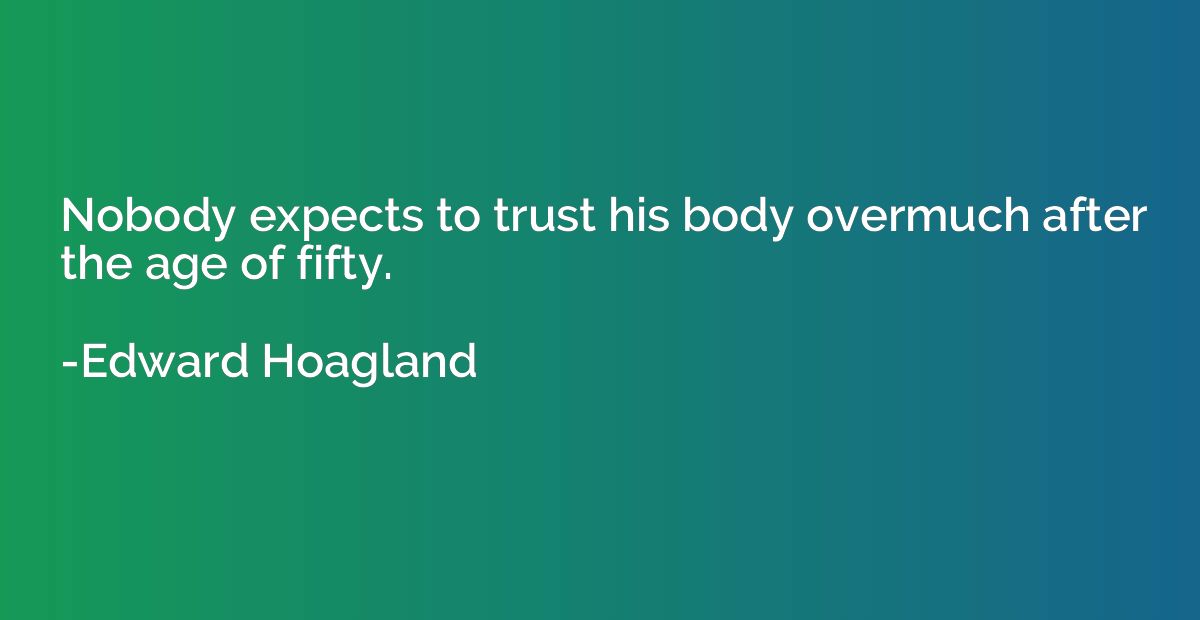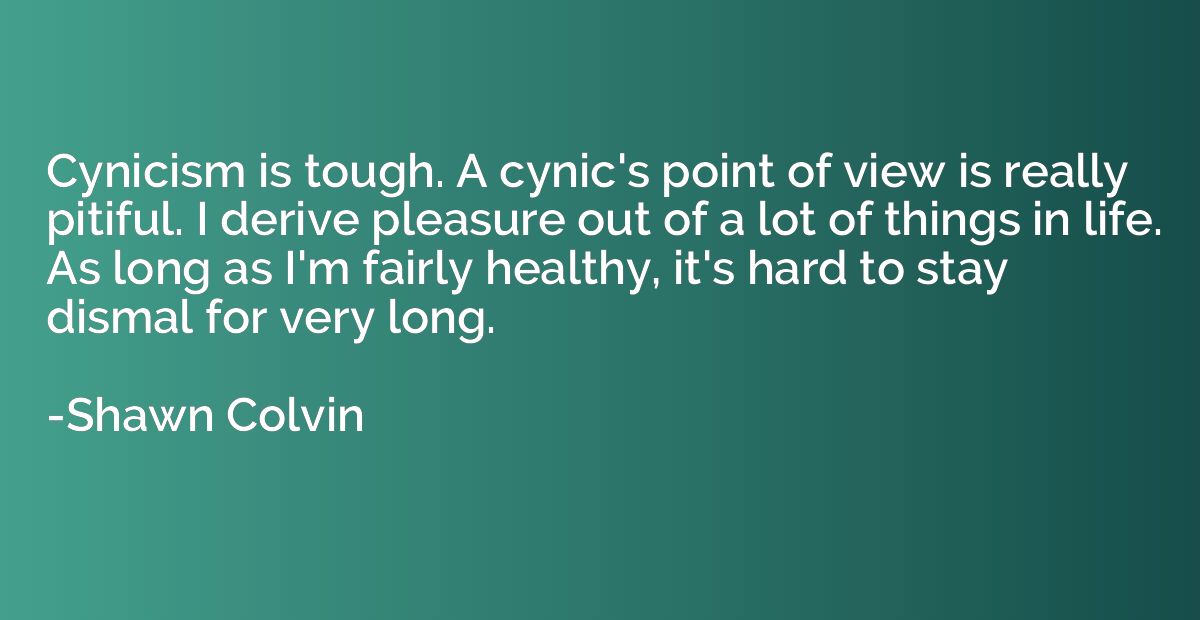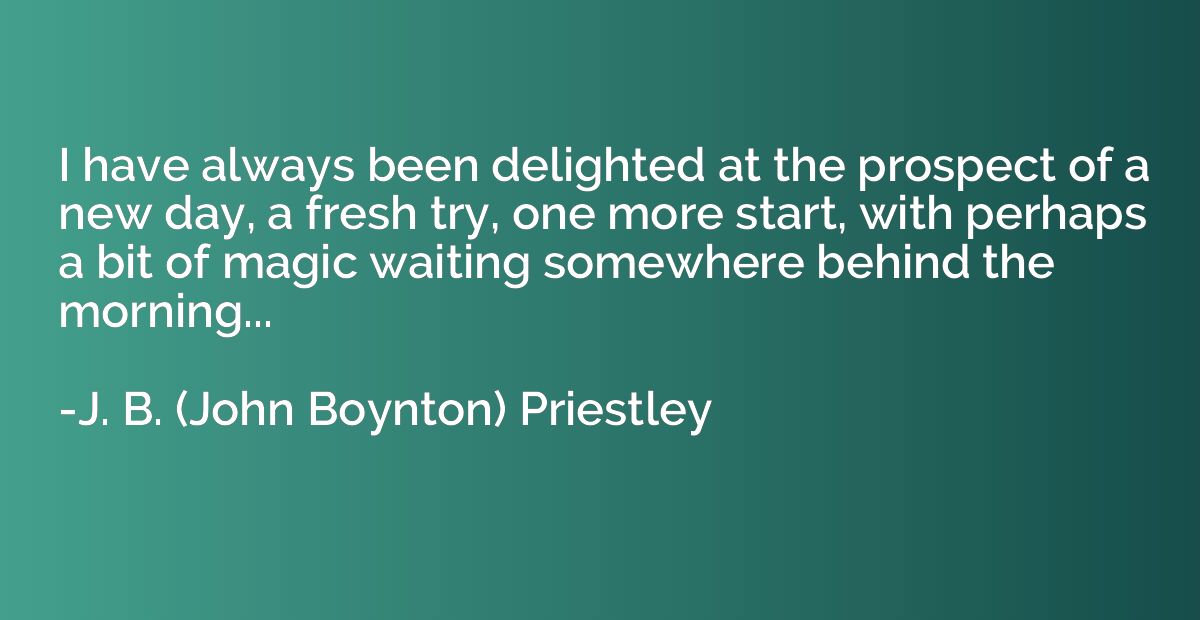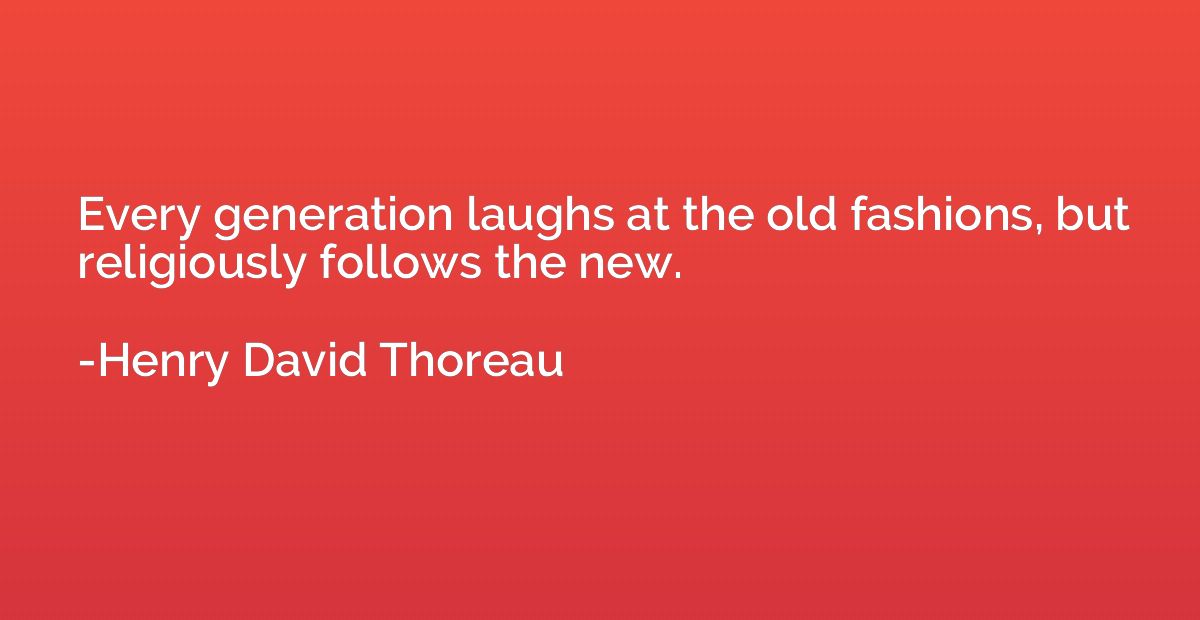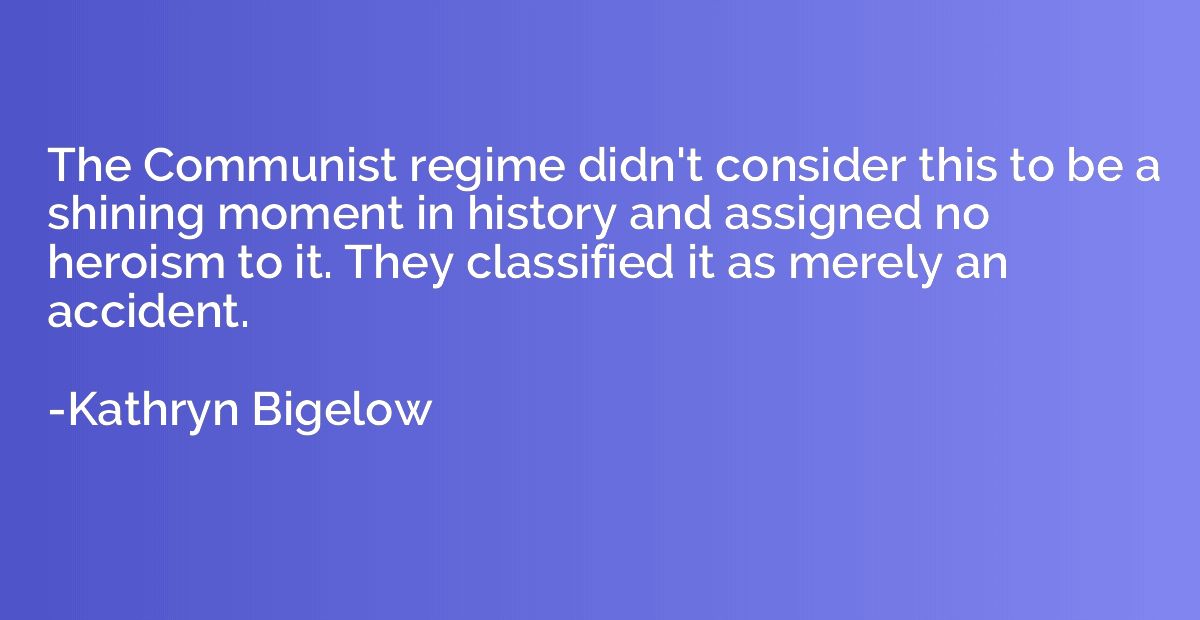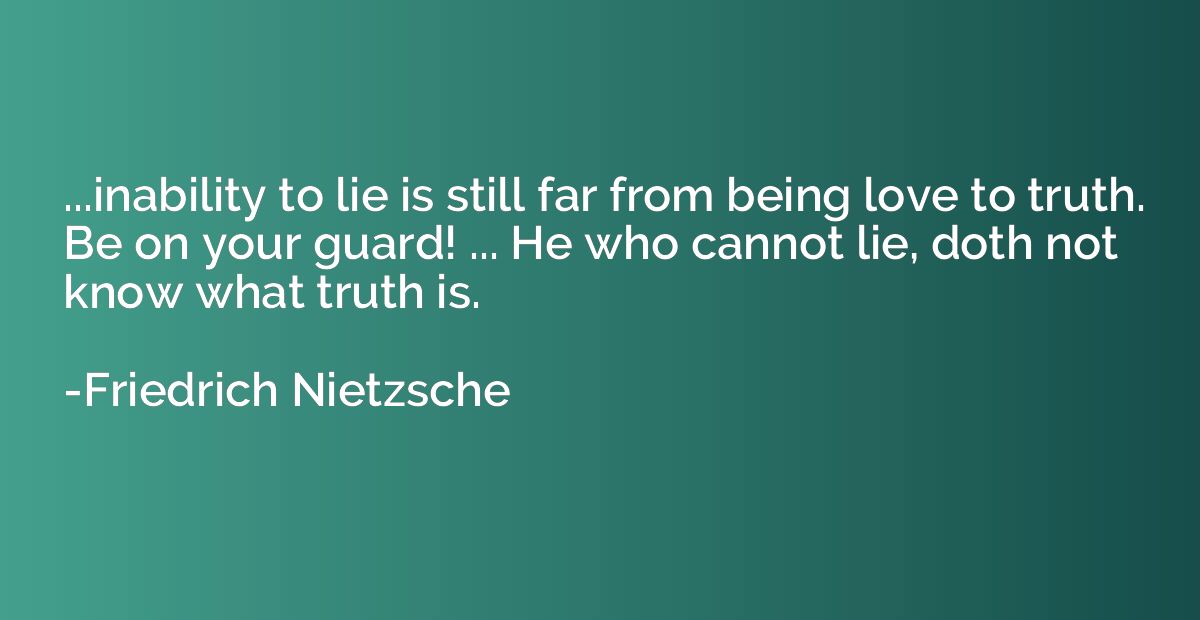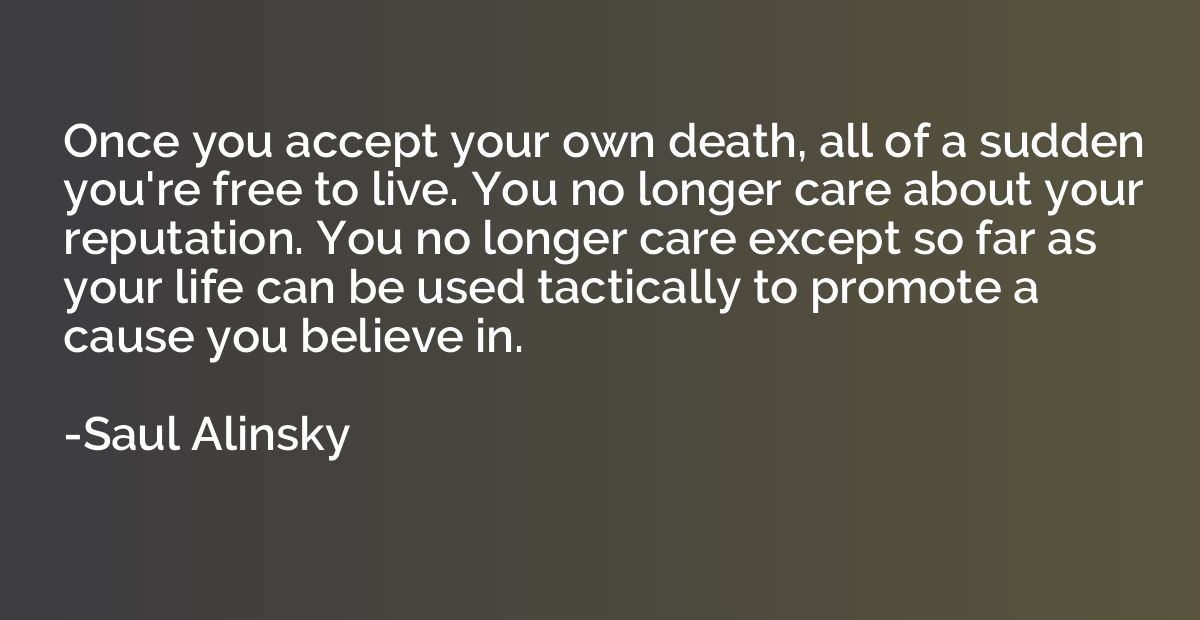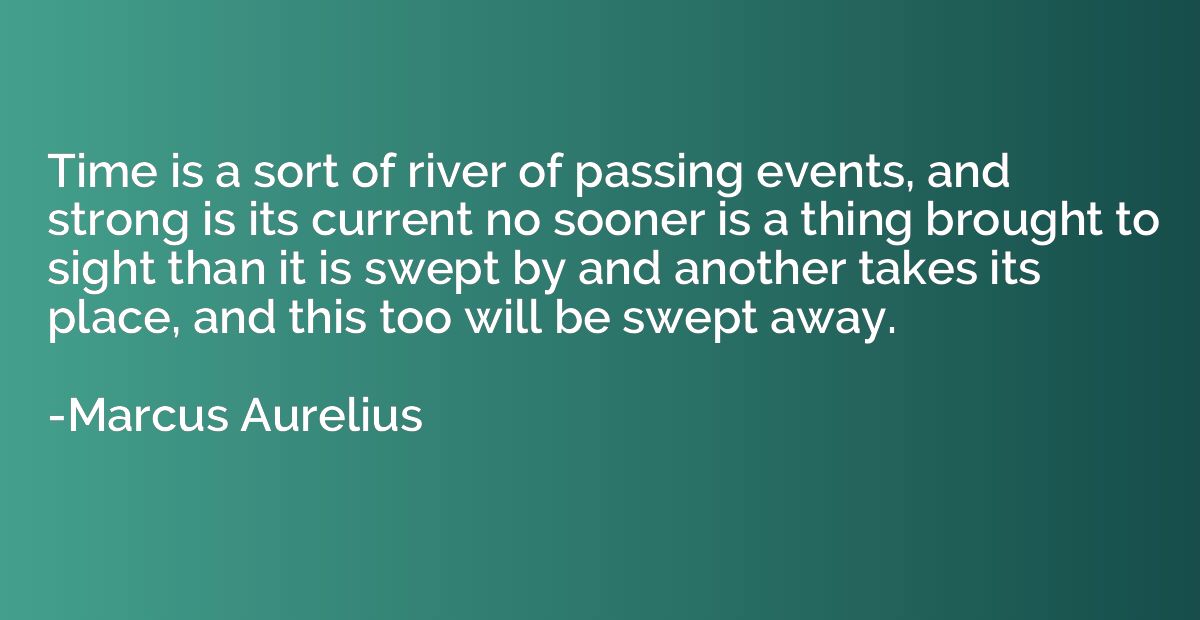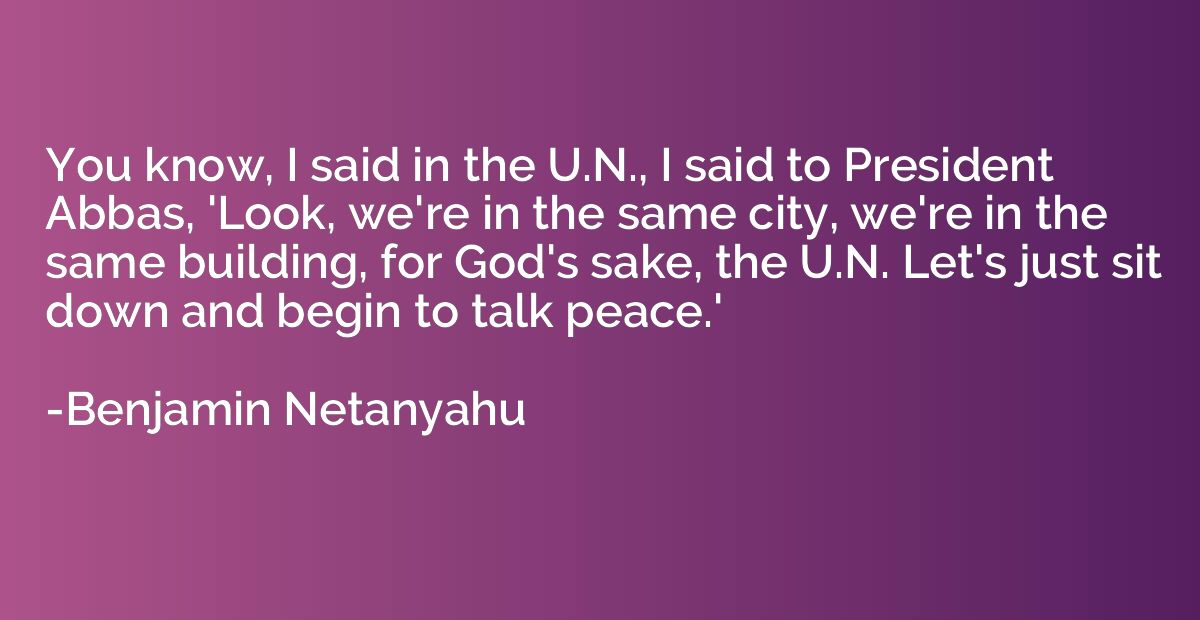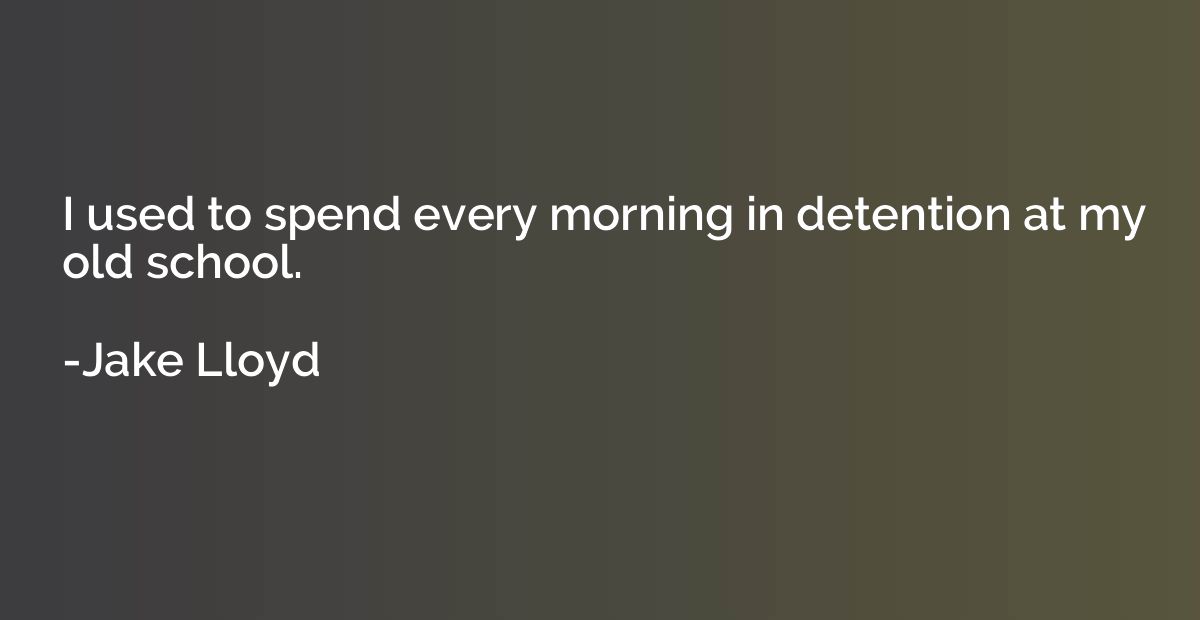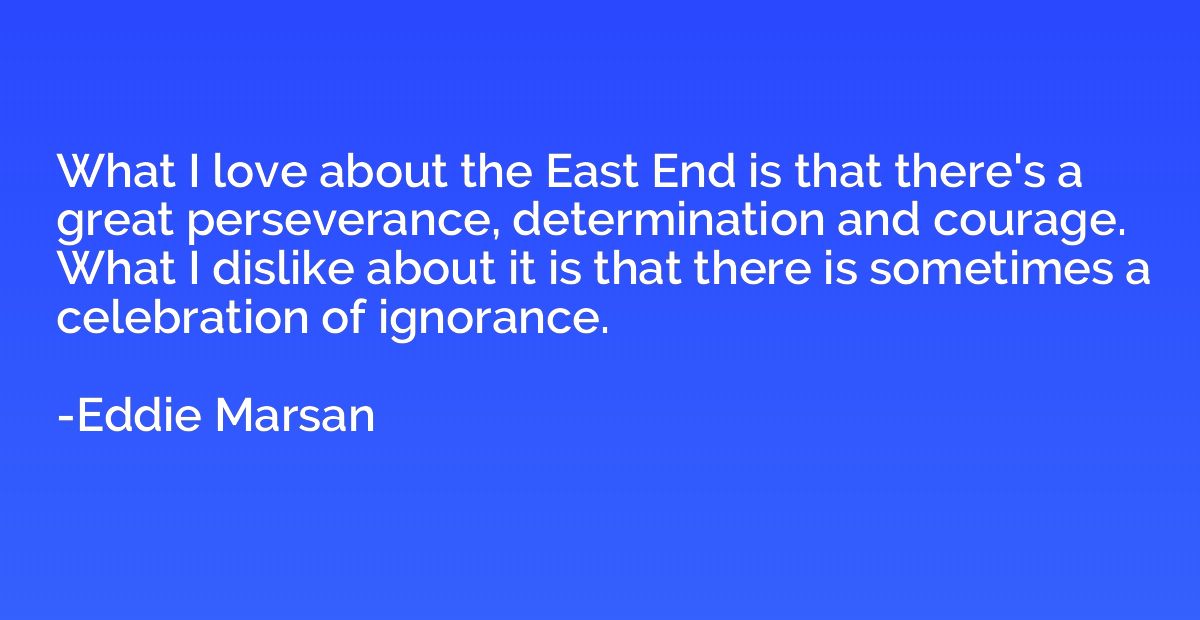Summary
This quote suggests that as people age, they often lose faith in the reliability of their bodies. Past the age of fifty, individuals may become more wary or less reliant on their physical abilities, possibly due to the onset of health issues or the general decline in strength and mobility associated with aging. It highlights the understanding that trust in one's body diminishes with age as the body's capabilities change and uncertainties arise.
